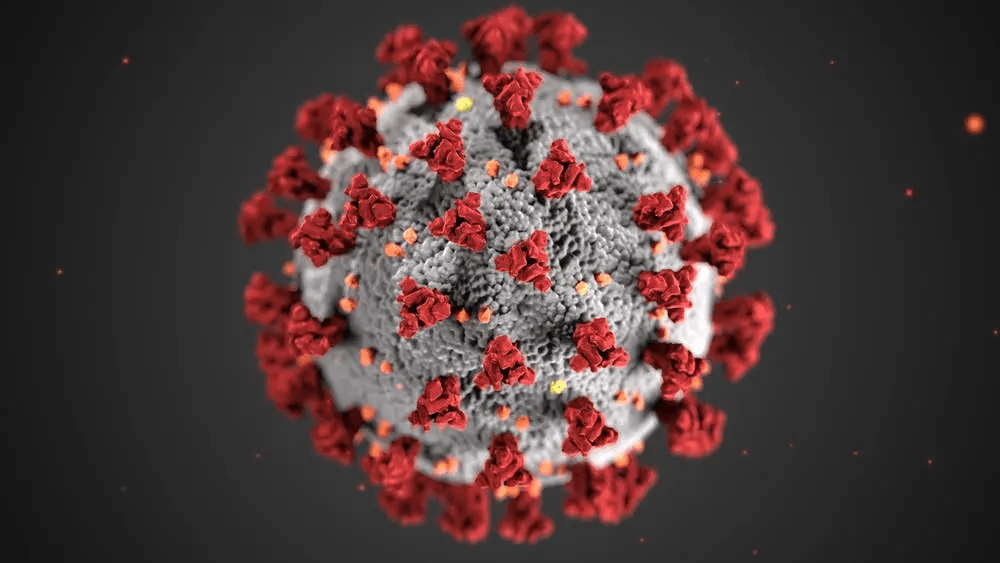For our final blog in the Stress Awareness Month series, we want to highlight that stress can become serious, but that getting professional help is not a sign of weakness – it is sometimes the best option.
We’ve given tips for self-help techniques when coping with stress, which you can find in our other blogs in the series. These are great ways to tackle everyday stress as well as the more prolonged episodes of stress.
However, we understand that sometimes, these techniques may not work, or they simply may not be enough. This is where we would urge you to seek further help and to never suffer alone.
What’s the difference between chronic stress and acute stress?
Chronic stress is something that is experienced so continuously that it becomes a normal feeling.
Acute stress is more immediate and short-term. It usually occurs in the first month after someone experiences trauma.
We all react to stress differently, and factors such as our genetics and life experiences can play a part in this. By life experiences, we mean events from your childhood, abuse, homelessness, death, parental divorce etc.
What can severe stress cause?
Chronic stress, if left without attention, can begin to affect your body. This is because when you’re stressed, your immune system is stimulated, and then it can be overstimulated with chronic stress.
Some of the effects could be:
- Back pain
- Muscle tension
- Worsening asthma symptoms
- Worsening obtrusive pulmonary disease (COPD) symptoms
- Increased risk of hypertension, stroke, or heart attack
- High blood pressure
- Obesity
- Skin irritation
- Respiratory infections
- Heart disease
Mental health issues can arise from chronic stress, too, such as anxiety disorders and post-traumatic stress disorder (PTSD). Depression is also a common result of stress, with studies showing that both acute and chronic stress were causes of or at least heavily linked to the onset of depression.
Getting professional help
When your stress has reached a point where you require further help, looking at the different options available and seeing what might be best for you is the next step.
Speaking to your doctor will ensure you get the best advice for moving forward, whether that be therapy or medication.
A popular option is cognitive behavioural therapy (CBT), which can help people deal with chronic stress. The objective is to help the patient to understand and modify their behaviours, thoughts, and feelings.
Along with this, it can help them to develop tools and coping mechanisms for managing their stress responses. For more information on CBT, read this information on the NHS website.If therapy isn’t suggested or you don’t feel comfortable with doing this, your doctor may then suggest taking medication. They may prescribe antidepressants if you’re experiencing anxiety or depression, or if you’re struggling to sleep, they may prescribe sedatives. For further information, read more on the NHS website.
Over this series, we have looked into stress for carers, stress for the elderly, stress in general and long-lasting stress. We hope these guidelines have been helpful, and if you do need help, please don’t hesitate to reach out to helplines or your doctor for support.
For further information, follow this link.






